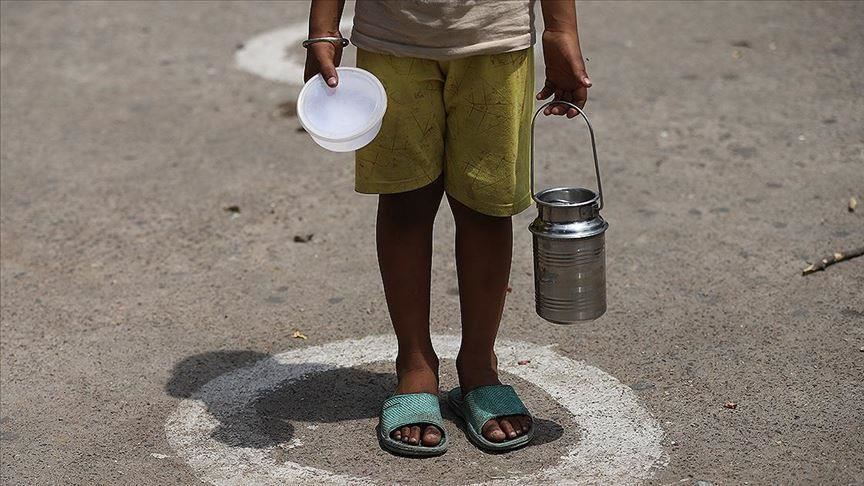
KIGALI, Rwanda
In 2015, when Mousa Habumuremyi, a Burundi citizen left his home to avoid civil war and took refuge in nearby Rwanda, all that grappling in his mind was to find means to arrange food for his family in the unknown territory.
But soon his concerns were addressed, as the UN’s World Food Programme (WFP) stepped in to provide food to his family in the refugee camp.
“I felt like in home away from home. Even when I was not working, the WFP saved my family from hunger,” Habumuremyi told Anadolu Agency.
When recently the Norwegian Nobel Committee granted WFP the Nobel Peace Prize, it was actually a statement that peace and hunger are interlinked.
In Rwanda, the WFP provides monthly food rations either in cash or through a mix of cash to 150,000 refugees living in camps, while also promoting means to ensure their self-reliance and economic inclusion.
In an exclusive interview with Anadolu Agency, WFP’s Regional Communications Officer Amanda Lawrence-Brown said the award was a recognition of the work of the WFP staff who put their lives in danger every day to bring food and assistance to more than 100 million hungry children, women and men across the world.
“Many of the people we help are affected by conflicts. Hunger is both a cause and an effect of conflict. Without peace and stability, we will struggle to achieve our goal of zero hunger,“ she said.
Some 13 million people need humanitarian aid in the Central Sahel Region that includes Burkina Faso, Mali and Niger, where it is estimated 20 million people are living in areas affected by conflict.
According to WFP official, the Eastern Africa region is home to 4% of the global population but harbors 20% hungry population.
Lawrence-Brown said it is not only food that is required, but huge cash as well to distribute among hapless people. She said the COVID-19 pandemic has come with its own challenges.
“Much of the impact of COVID-19 across the [Eastern] region has been on the urban poor, who had previously managed to survive hand-to-mouth in capitals across the region but millions have now lost their jobs because of lockdowns and movement restrictions to stop the spread of the virus,” she added.
She said the WFP is now planning to extend assistance to 25.6 million people in Eastern Africa alone in 2020.
“We still need $1.3 billion to scale up activities to address the needs of the most vulnerable through February 2021,” said Lawrence-Brown.
Anadolu Agency website contains only a portion of the news stories offered to subscribers in the AA News Broadcasting System (HAS), and in summarized form. Please contact us for subscription options.







